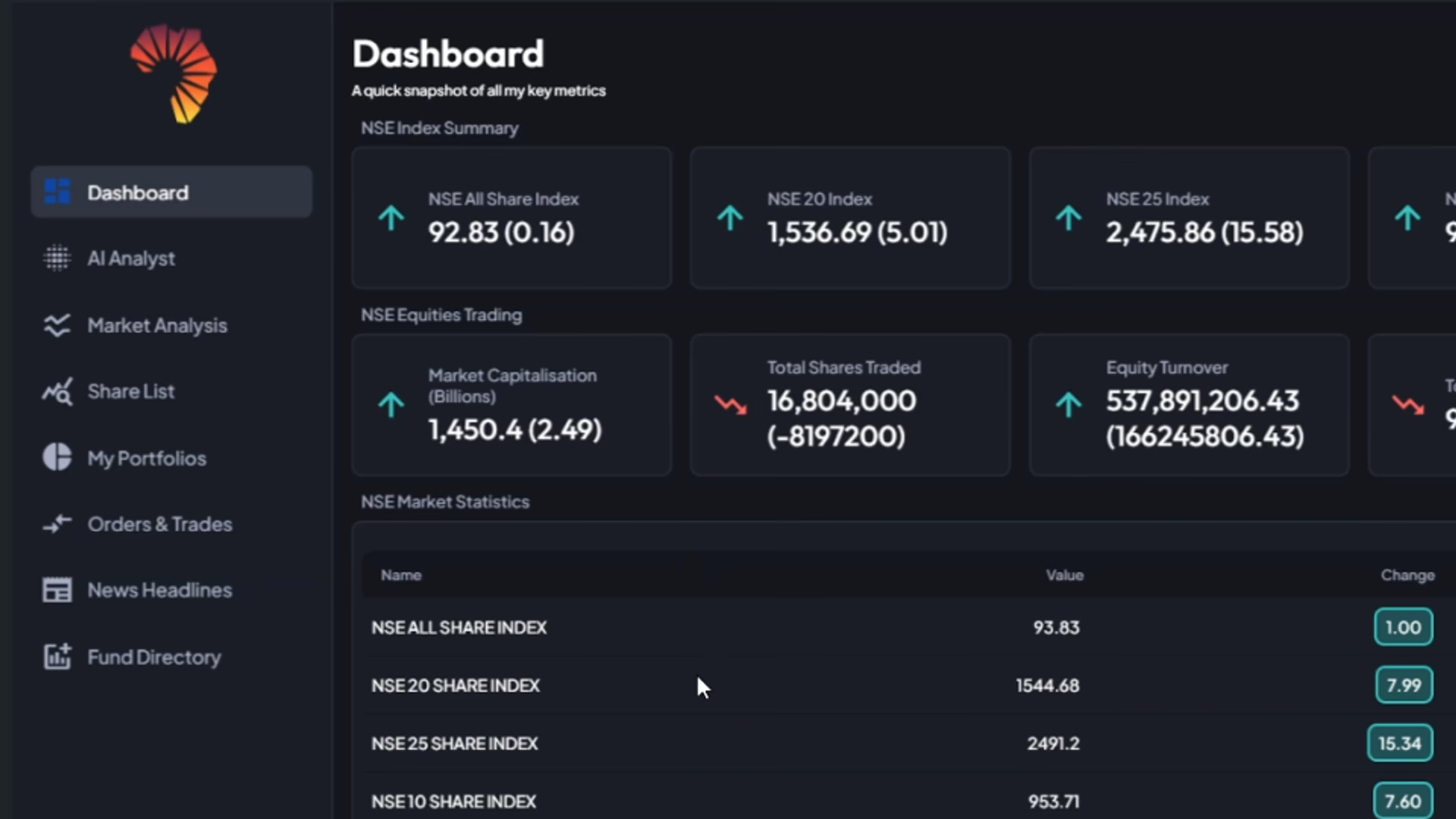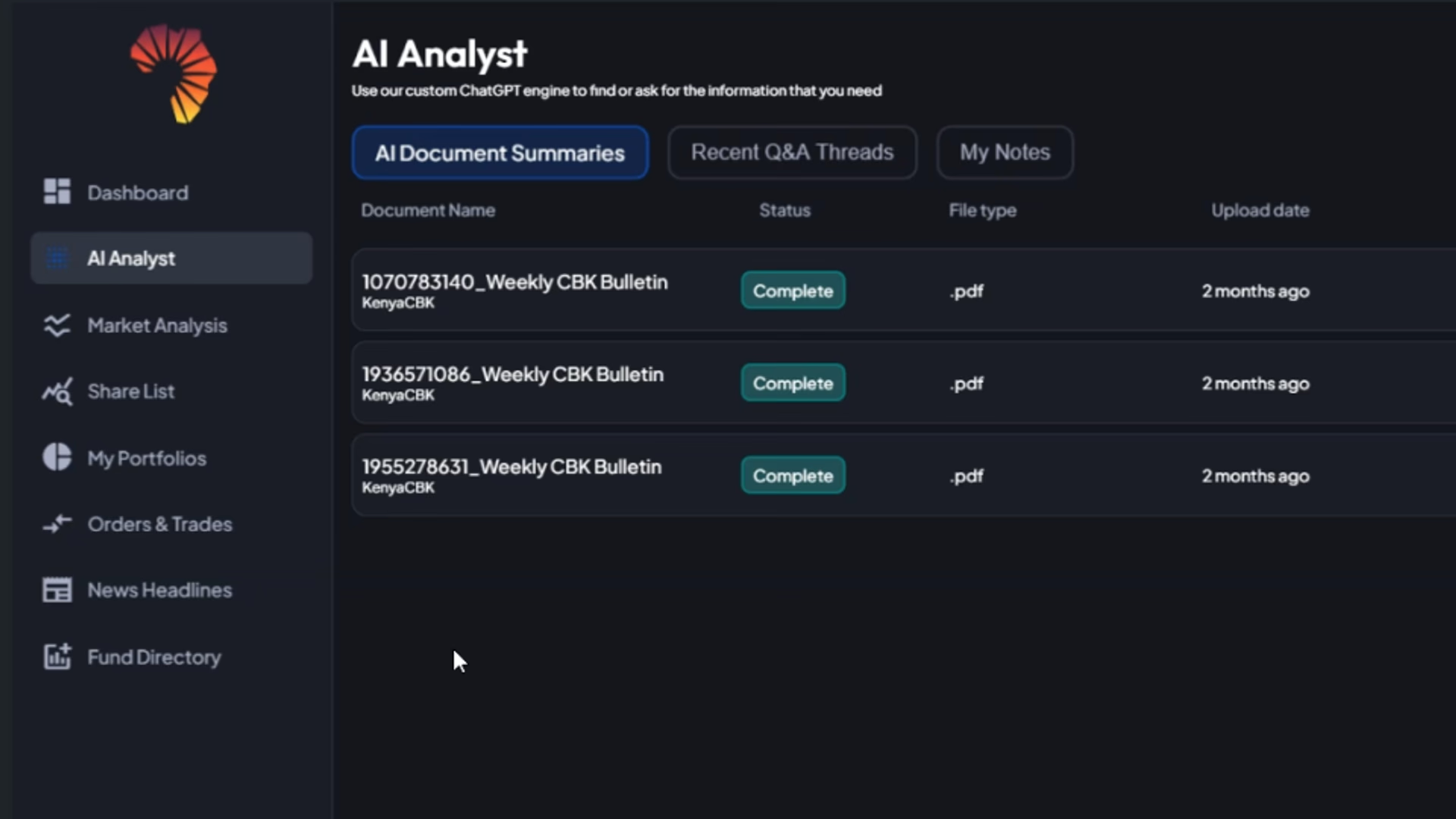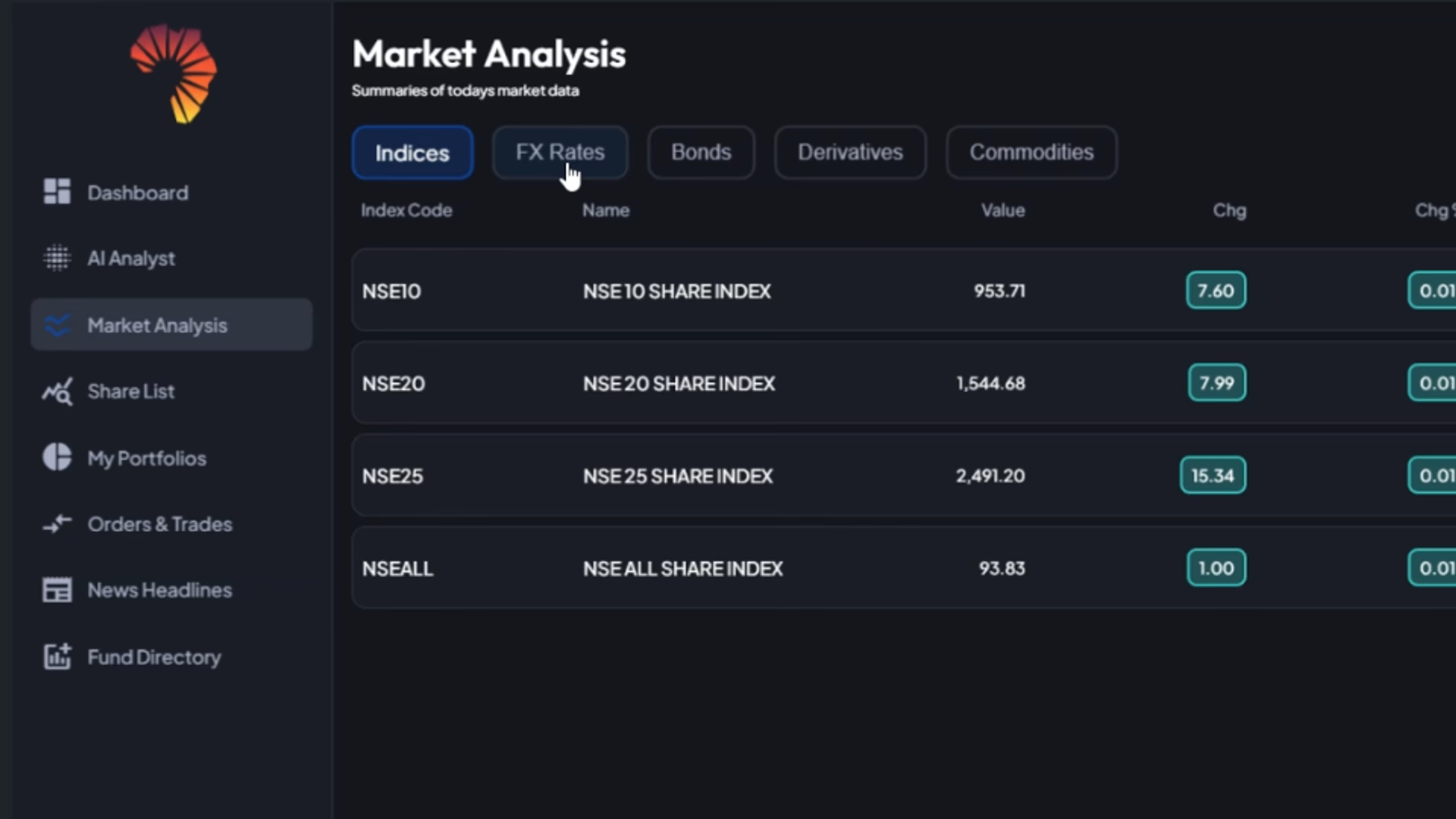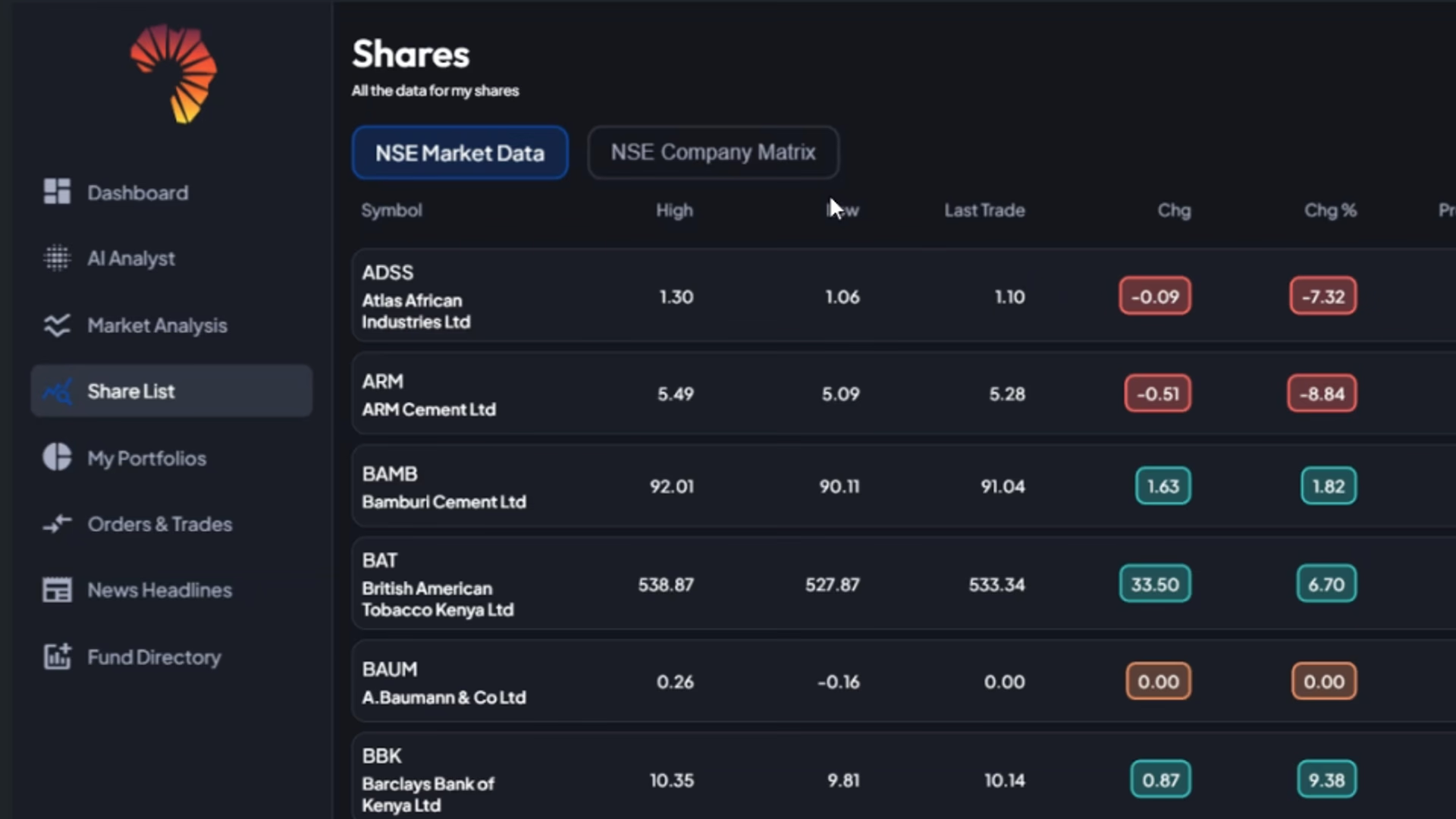The African Development Bank (AfDB) Group has passed a new policy aimed at strengthening debt sustainability among low-income African countries.
The policy, dubbed the Sustainable Borrowing Policy, was approved on 23rd February 2022, primarily targeting recipients of the African Development Fund (ADF), AfDB Group’s concessional window that caters to low-income and transitional countries on the continent.
In recent years, low-income countries have accessed new sources of finance, which includes private creditors as well as creditors outside the Paris Club. This access has allowed them to finance important development needs, but has also increased the countries’ public debt.
The Sustainable Borrowing Policy thus introduces two pillars to manage debt; the first pillar emphasizes debt management and transparency through agreed policy actions and technical assistance. The second pillar will depend on coordination and partnerships with other multilateral development banks, lenders, and development partners.
The Sustainable Borrowing Policy now replaces the Non-Concessional Debt Accumulation Policy that was adopted in 2008 and revised in 2011 to meet AfDB Group’s operational needs and those of its member countries.
Over the last two years, the new policy has benefited from extensive internal and external consultations with regional member countries, civil society and development partners, including multilateral development banks.
See Also:





